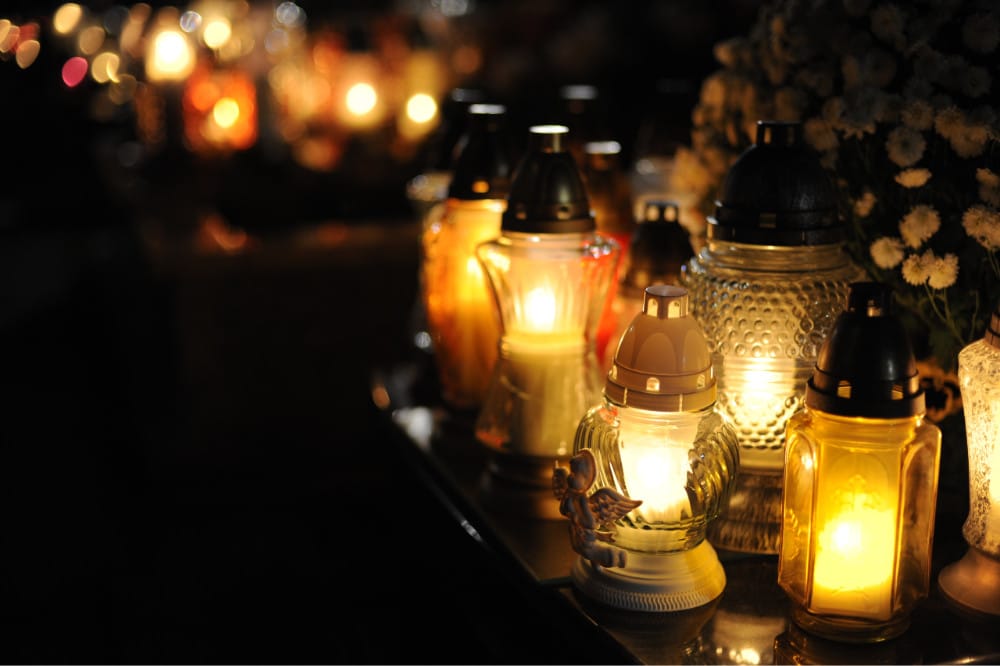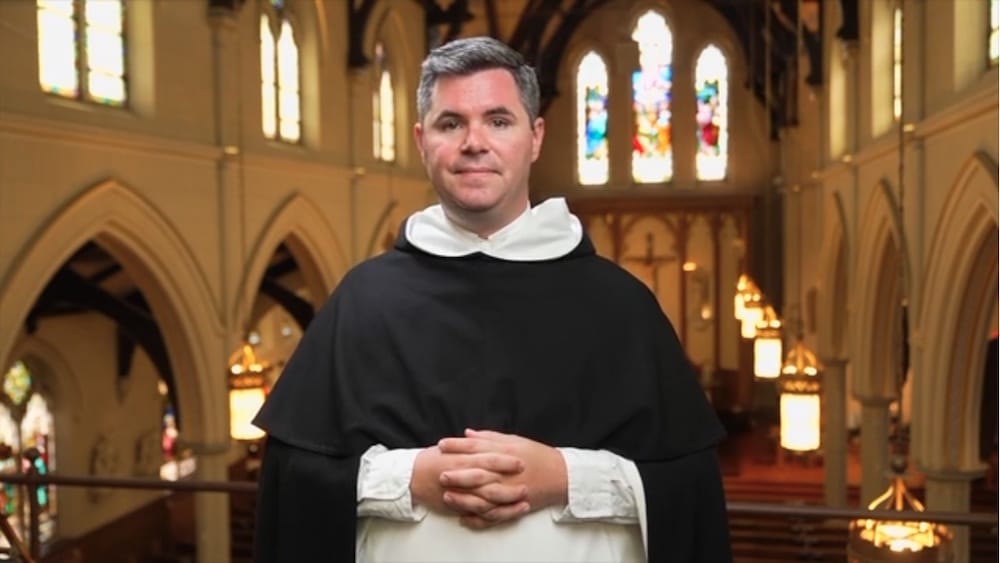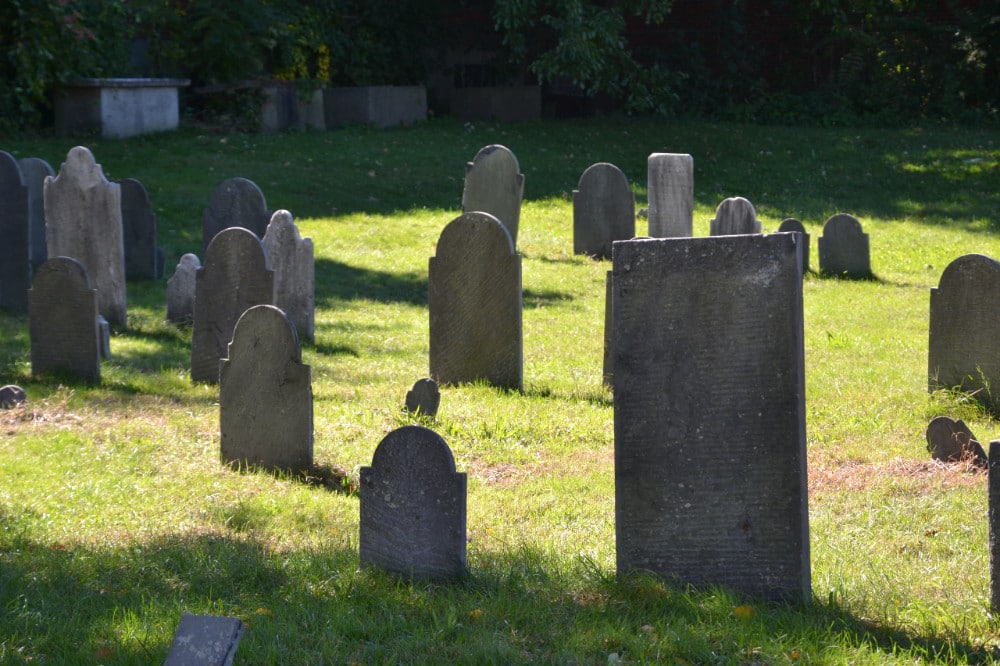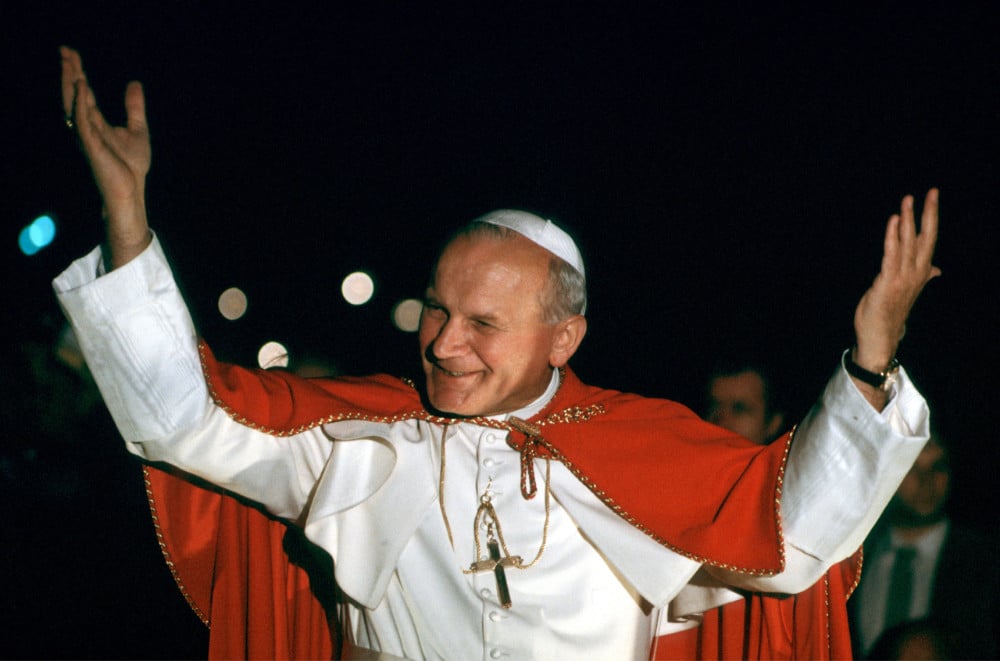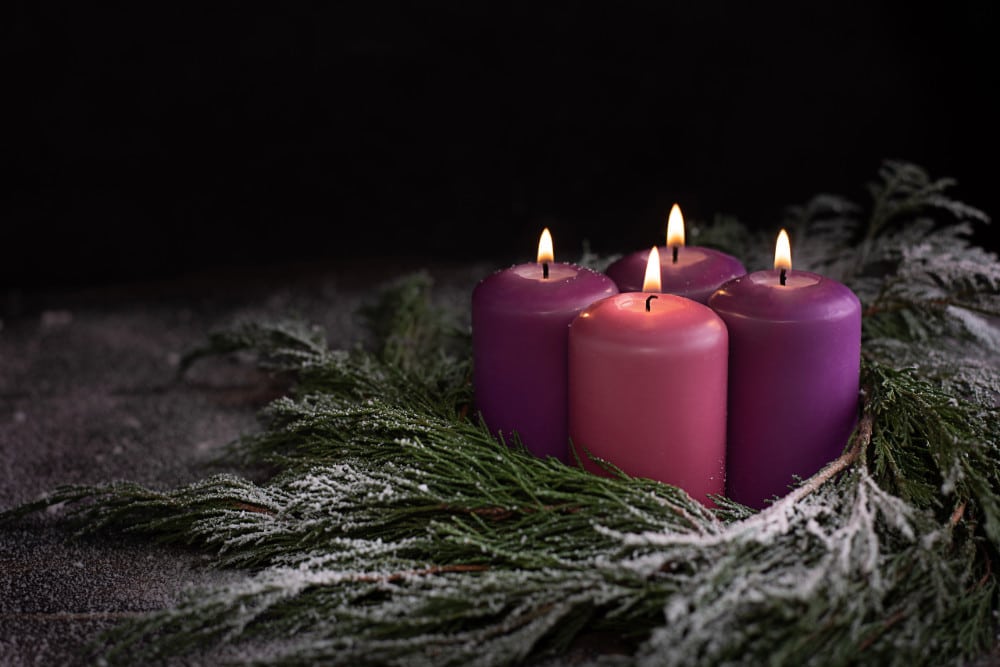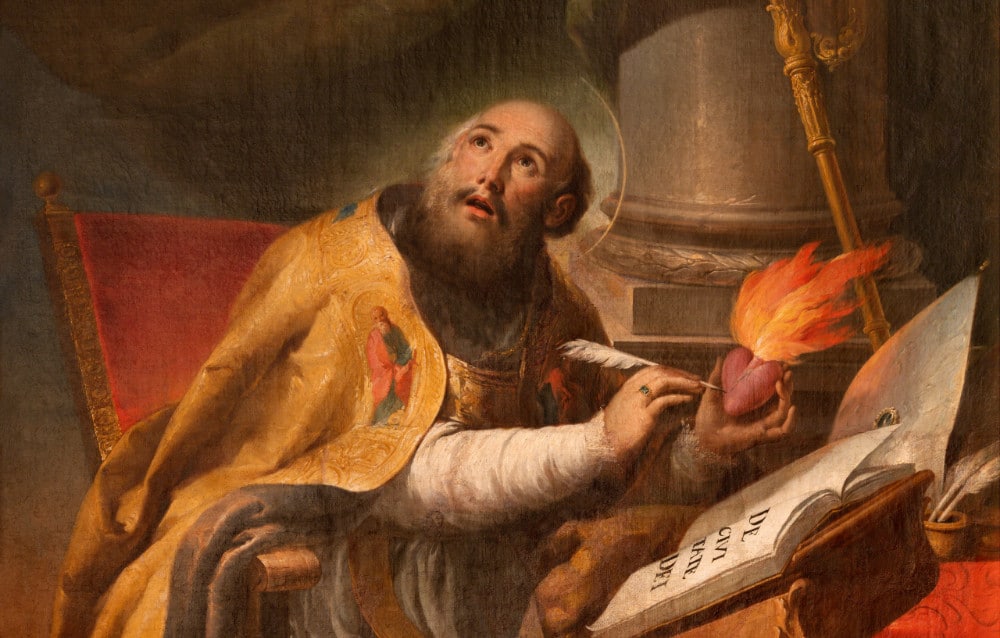“I’m here because of you, you know.”
I’m trying to regain my emotional footing after yet another temper flare. I just finished yelling at my youngest about something that definitely didn’t merit as much rage as I let fly. Now that she has stomped off to get some distance from me — and I can’t say that I blame her — I lean my hands against the cold stone of our kitchen counter and try to breathe. In the tightly wound breaths that follow, I remind myself to pray, to ask God to give me the courage to apologize in ways that I was not taught in my own family of origin for the poor self-control that I most certainly learned in said family.
Of course, my parents learned their anger from their parents, who learned them from their parents, who learned them from theirs, as far back as Eden. That’s the nature of intergenerational trauma. We sin, and in sinning, we teach the next generation of sinners how to destroy relationships with pride, wrath, envy and all the rest.
At this point, I think of all the souls of my ancestors, whose legacy has no small part in creating the shortcomings of my present-day relational habits. How many of those progenitors must be in purgatory, keeping so still while God heals them of their earthly failings with beatifying fire?
Leaning further into the counter, I whisper wryly to the soul of any ancestor in a position to hear me clarify my demand. “You people better pray for me. I’m here because of you.”
That thought gives me a bit of strange comfort. I know that it’s not entirely clear whether or not the souls in purgatory can pray for us. We know they can’t pray for themselves, because purgatory is that final chance to become selfless, to surrender all self-reliance. We know that, one day, the Holy Souls will be fully united with our God who is love and mercy, and then they will be able to pray for us. We also know that God is outside time, so even if my ancestors can’t pray for me in the time that I call “now,” one day, they will be entirely free to carry my intentions in their hands to the throne of God, and it will be as if it were my now.
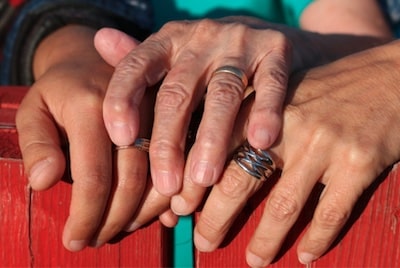
I look down at my own hands on the counter in the here and now, hands soft and arms weak by any standards my European peasant forebears would have had. I think of my struggles with gluttony and sloth, and I wonder if they can see me now, those who starved to death in potato blights, who worked themselves to death in coal mines. Do they see how easy I have it now? Do they remember asking God to never let their children or their children’s children see a day of hunger or dehumanizing labor?
Do they see me hurting with the hurt I have caused my child and remember their sins against their own children and their children’s children? Is God using such memories to purify them now? Are they free to love me now in the ways that poverty, hardship and unimaginable grief prevented them when they were suffering in this valley of tears?
Do they see me writing about them and their struggles with compassion, and do they wonder not only at how their Catholic faith lived on beyond their earthly days but grew in me and, God willing, my children?
Perhaps they can’t pray for me in this time I call now, but I can most certainly pray for them. I can offer up the apology I am about to give to my daughter. I can humble myself for my ancestors now that they are learning how to be nothing but humble. I can take my place in their lineage and be the legacy of the Holy Souls, uniting through faith my earthly struggles to their purifying ones.
Yes, intergenerational trauma has made my pursuit of parenting virtue a hard, hard road, and yet, because of the faith my ancestors passed along, however imperfectly, I have a hope that I can learn to love, truly and humbly love — imperfectly in this time I call now, but perfectly in God’s eternal Now.
My faith is a gift far larger than any emotional liability my ancestors passed down. I lean, I breathe, and I speak to my ancestors, the Holy Souls.
“I’d better pray for you. I’m here because of you.”
Erin McCole Cupp writes about trauma and addiction recovery from a Catholic perspective. Her book, “All Things New: Breaking the Cycle and Raising a Joyful Family,” is available at OSVCatholicBookstore.com.

